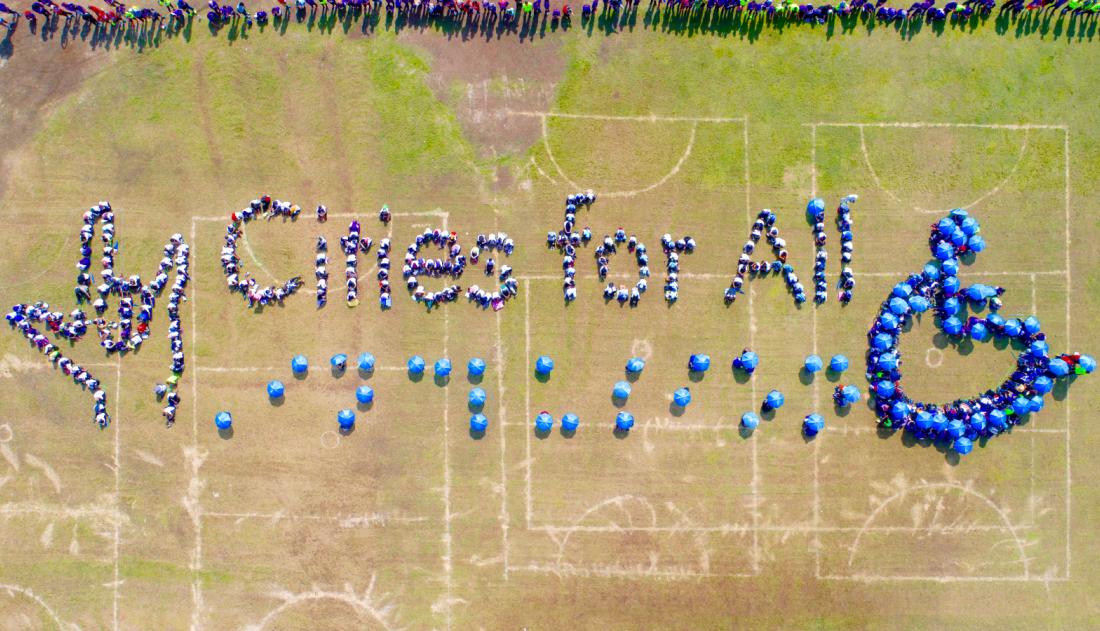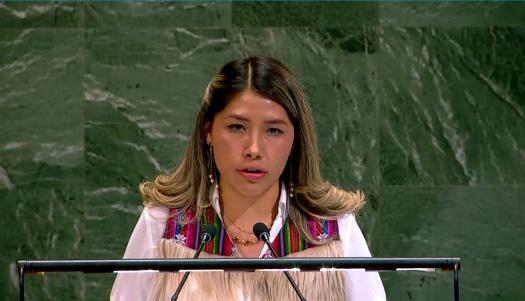
The COVID-19 pandemic represents a severe threat to city services, global health, and is radically transforming the societies in which we live. Physical distancing measures adopted around Latin America and the world directly impact the life and well-being of almost 4.1 billion people living in cities. The populations considered at high risk include persons with disabilities and older persons. Local governments need to plan and address the unprecedented political, economic and social implications that resulted from the limitations of mobility, participation, expression, and social interactions.
Therefore, it is vital to document the experience lived by persons with disabilities and older persons, including the identification of the physical, health, and socioeconomic barriers that affect their fair, full, active participation and human rights in the cities in which they live.
The Webinar will discuss the challenges and opportunities for local governments after the COVID-19 pandemic. It will focus on the launch of the “Recommendations for Empowering Local Governments in the context of an Inclusive Pandemic Response” that offers local governments recommendations for formulating and implementing action plans that are in line with the UN Convention on the Rights of Persons with Disabilities, the 2030 Agenda for Sustainable Development Goals, the New Urban Agenda, and the World Health Organization’s Age-friendly Cities and Communities Initiative.
The Webinar will also present the results from the Global Survey on Inclusive and Accessible Pandemic Response, developed in coordination with the World Bank, which gathers insights on globally comparative data on how local municipal Covid-19 responses impacted the lives of persons with disabilities and older persons.
The Webinar is organized by the Office of the SG Envoy on Disability and Accessibility, Cities For All: Global Compact on Inclusive and Accessible Cities, World Enabled and UN DESA’s Division for Inclusive Social Development (DISD) and will take place on 15 July 2020 from 4.00pm – 5.30pm EDT.
>> Concept Note
>> Flyer
Resources
1) UN Flagship Report on Disability and Development 2018 – Realizing the SDGs by, for and with persons with disabilities
2) UCLG Policy Brief on Inclusive and Accessible Cities
3) UN Policy Brief: The Impact of Covid-19 on older persons
4) Joint Declaration of local governments and persons with disabilities in relation to Covid-19
5) Joint Statement: Women and girls with disabilities and older women in relation to the COVID-19 pandemic English | Español | Français
6) Joint Statement: The right to life of persons with disabilities and older persons infected by Covid-19 English | Français | Español
7) Joint Statement: Mental Health of Persons with Disabilities during the COVID-19 pandemic English | Français | Español
8) Joint Statement: Persons with Disabilities and COVID-19 by the Chair of the United Nations Committee on the Rights of Persons with Disabilities (CRPD), on behalf of the Committee on the Rights of Persons with Disabilities and the Special Envoy of the United Nations Secretary-General on Disability and Accessibility English | Français | Español
 Welcome to the United Nations
Welcome to the United Nations


